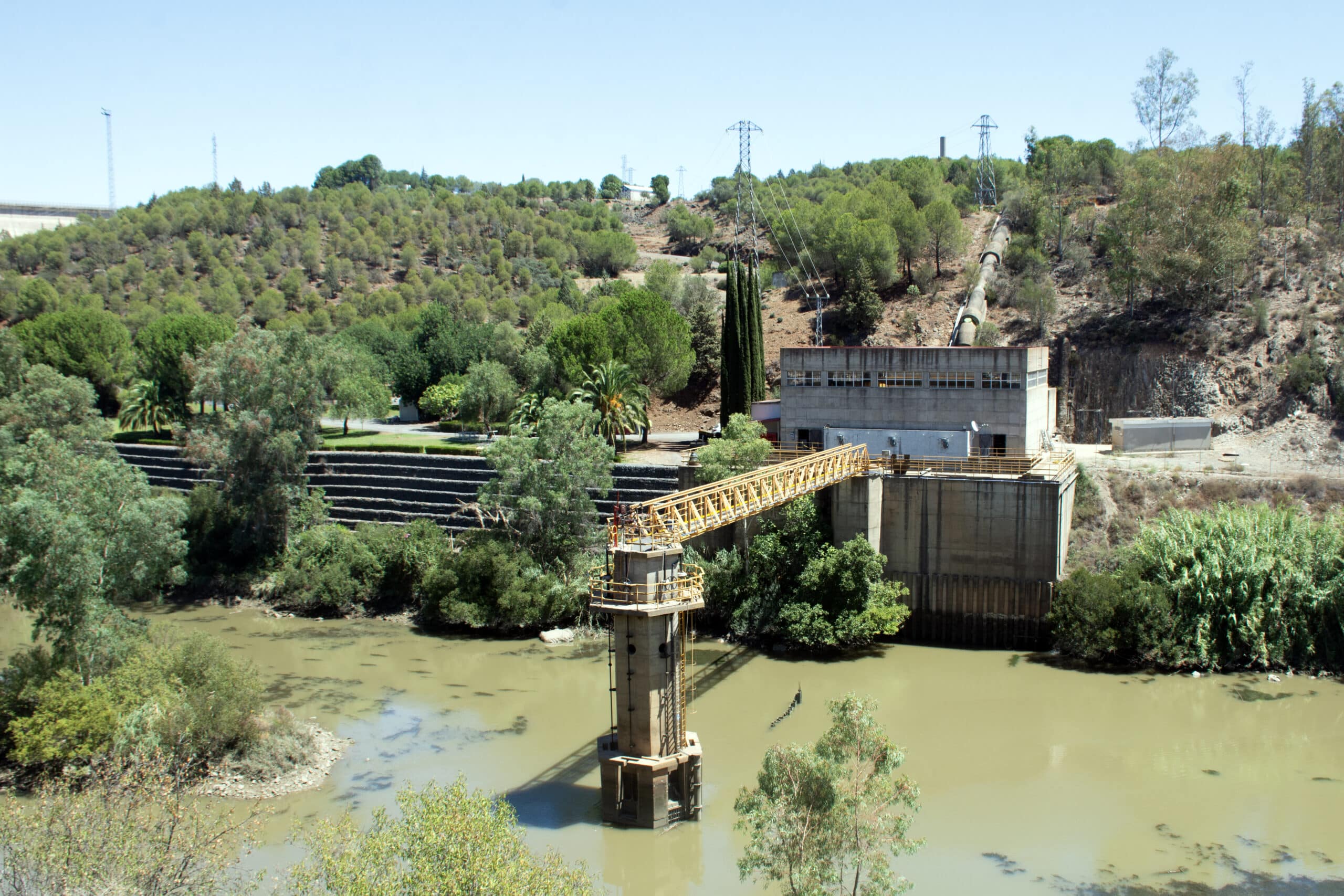APA has conditionally approved the Pomarão project
The Portuguese Environmental Agency (APA) has conditionally approved the project to supply the Algarve with water collected from the Guadiana River at Pomarão in the Alentejo.
Representing a €61.5 million investment covered by Portugal’s Recovery and Resilience Plan (RRP), the project is expected to provide around 16 cubic hectometres of fresh water per year for the Algarve.
In a nutshell, the project involves collecting water from the Guadiana River at Pomarão in the Alentejo municipality of Mértola and channelling it to the Odeleite reservoir in the Algarve municipality of Castro Marim through a 40-kilometre underground pipeline.
The plan has been the subject of much debate, with the government and local councils considering the project vital to increase the region’s water supply, while environmentalists have stated that other solutions should be prioritised.
However, with the conditional approval from APA, the project has a clear path forward. But before it can begin, APA says that a new review of the project’s environmental impact is required, as the first review took place when the project was still in the preliminary study phase. APA adds that the project can only get permission to start and be built after a second review confirms that the detailed plan meets all the environmental requirements.
Portugal’s environment minister, Maria da Graça Carvalho, said earlier this month that Portugal and Spain will sign a final agreement regarding the Pomarão water collection project on September 26 in Madrid.
Meanwhile, the project’s conditional approval has been slammed by Francisco Ferreira, president of environmental association Zero, who argues that “Portugal is following the wrong strategy to deal with drought.”
“Zero was critical of the project due to some issues that we believe still exist. The first is that we need to work not just on the supply of water, but, above all, on demand management and efficiency. Structurally, this is still a response that the Algarve lacks. We had emergency plans to deal with drought, but we really need something more, with a long-term perspective for different activities, from agriculture to human consumption,” Ferreira told TSF radio.
“Then, another crucial element is the negotiation with Spain, which the minister (of environment) has already stated will take place in September. These two issues, along with guarantees of ecological flows, were essential for us to support the project, so there is an anticipation of a decision that we believe still falls short as these conditions are not yet assured,” he said.
António Pina, mayor of Olhão and president of the Algarve municipalities’ association (AMAL), has a completely different take on the situation.
“It is another crucial step, which was planned and widely discussed with various Portuguese entities, but we still need a more concrete response from the government on the status of the Iberian agreement,” Pina told TSF.
The AMAL boss also criticised environmentalists for contesting the approval of the plan, considering their criticism “exaggerated” and “lacking in common sense.”
“Environmentalists should be put to the test and be the first to suffer the consequences of water rationing in case of shortages. It’s a lack of common sense. Water is an essential issue for human life, and sometimes we have to make decisions that have some impact, but regarding the water extraction from Pomarão, we are not even talking about water transfers or environmental concerns with the contamination of fauna and flora,” Pina stated.
Lower Alentejo calls for water too
Environmentalists are not the only ones contesting the current layout of the plan.
On July 9, the Lower Alentejo municipalities’ association (CIMBAL), which includes 13 of the 14 municipalities in the Beja district, with Odemira being the exception, approved a statement demanding that the project also serve the local population.
CIMBAL pointed out that the municipality of Mértola is “one of the territories most susceptible to desertification” and struggles “with water scarcity and high water stress, exacerbated by longer periods of drought.”


























